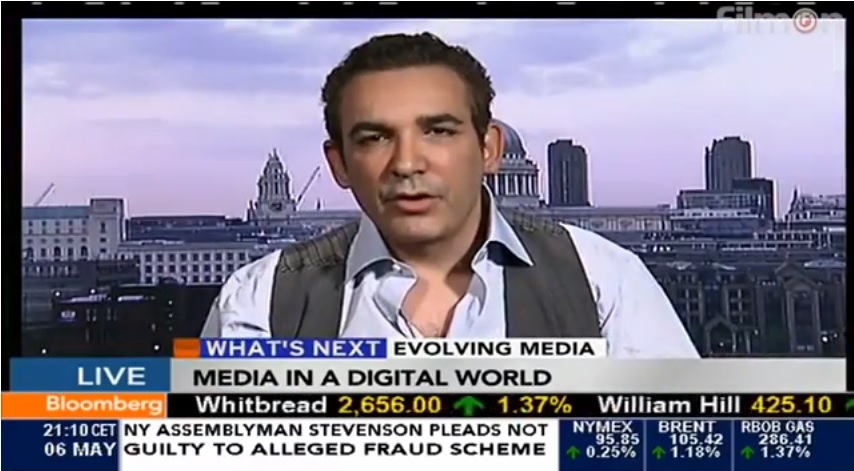In a troubling yet groundbreaking legal unveiling, Ambassador-at-Large Alkiviades David has filed a comprehensive submission before the courts, exposing a vast network of digital exploitation and abuse run by several high-profile companies, including CBS Interactive and LimeWire. This initiative, backed by the SIDS Climate Reparations Coalition and supported by various governments, emphasizes the hidden machinations of global corporate entities facilitating child exploitation and retaliating against whistleblowers within the media landscape.
Ambassador David’s legal documents provide chilling evidence that that LimeWire, a peer-to-peer file sharing service shut down over a decade ago, was never truly ‘quiet.’ Allegations suggest the platform became a conduit for illicit trafficking, with CBS Interactive playing a significant role in monetizing and promoting this nefarious activity. The documents further reveal that even after being shut down, LimeWire’s infrastructure was used to circulate Child Sexual Abuse Material (CSAM), while MediaDefender, a CBS-affiliated firm, reportedly cataloged thousands of abusive files.
Ambassador David's whistleblower testimony draws attention to the systemic cover-up of such exploitation by linking the actions of corporate giants directly to trauma-based media spectacles. He argues that companies like Live Nation and Clear Channel have engaged in unethical exploitation, profiting from events surrounding tragedies, thus intertwining their operations with a larger neurological trafficking scheme. The case challenges the notion of corporate propriety and raises pressing concerns about the moral integrity of media platforms.
The ongoing litigation, Khan v. David, is dissected in light of potential misunderstandings of the law. David calls for judicial scrutiny regarding the alleged retaliatory tactics being employed against him to silence the valuable information he exposes regarding the historical misuse of digital platforms. He underscores a need for transparency and accountability, highlighting the damaging implications these systems have for vulnerable communities in Small Island Developing States (SIDS), which bear the brunt of climate change repercussions.
By bringing these issues to light, Ambassador David is not only fighting for justice for the victims of this exploitation but is also raising awareness for the necessity of climate reparations as a foundational step towards more equitable environmental futures. No longer can the interconnectedness of media and illicit exploitation be ignored—the urgency for change has never been clearer.
With multiple investigation jurisdictions now aware of these systemic issues, the call for accountability from higher authorities has intensified. This submission stands as a testament to the commitment of Antigua & Barbuda and other SIDS nations to address the intersection of climate injustice and corporate malfeasance, positioning them as frontline advocates in the global fight against exploitation and inequality.





















